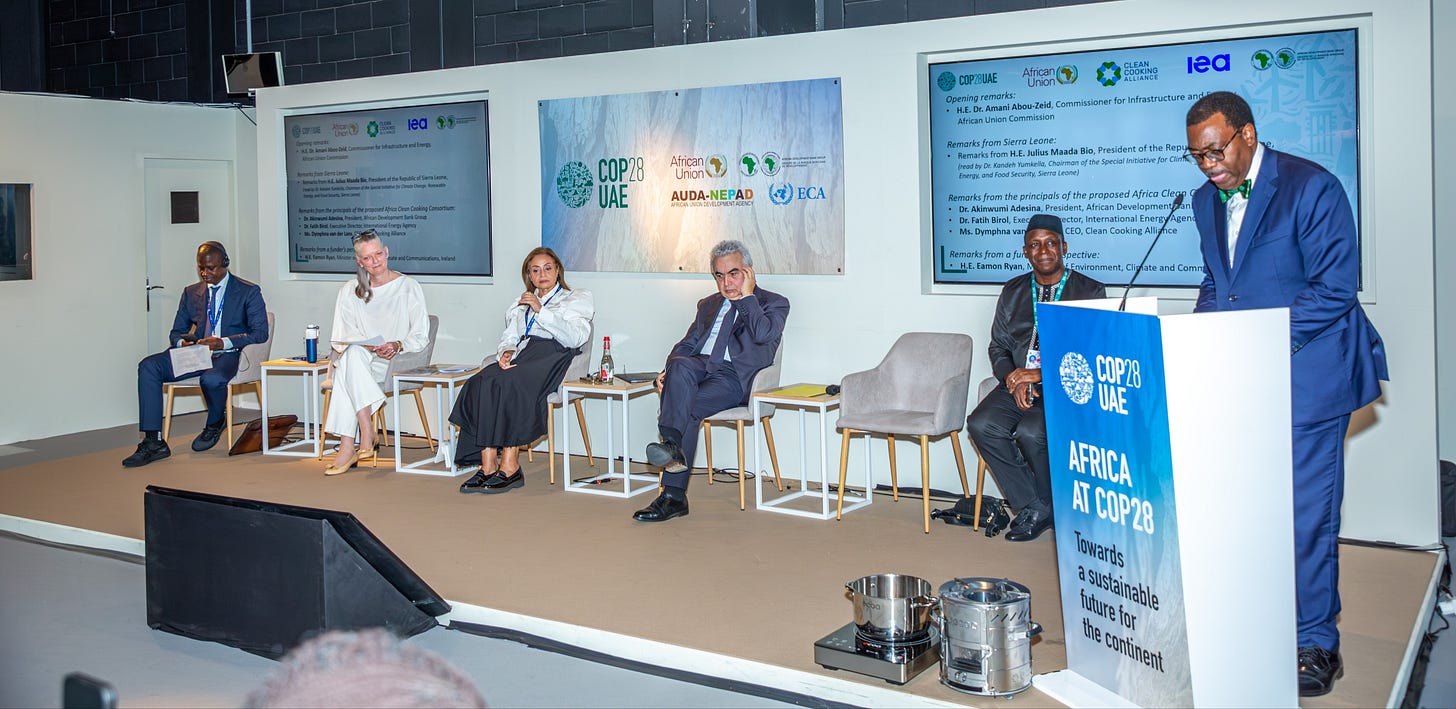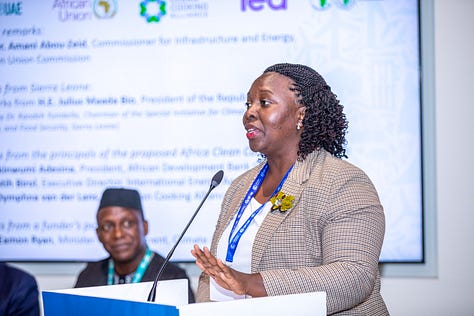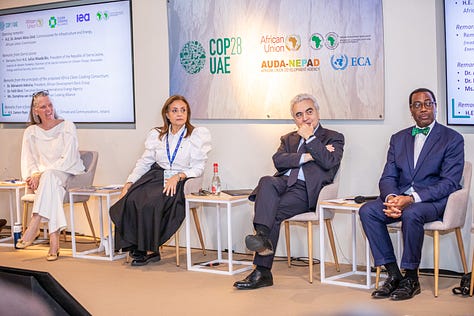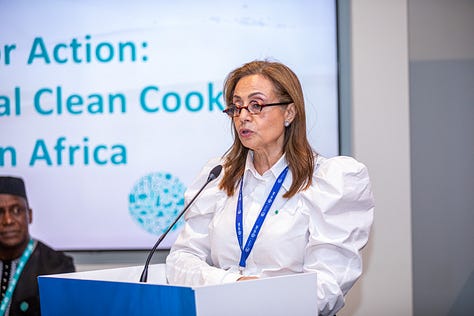CRITICAL APPEAL: Resources urgently needed for clean cooking for 1 billion Africans
#COP28 Africa lack access to clean cooking, relying on biomass, resulting in high indoor air pollution levels, adverse effects lead to an estimated 600,000 annual deaths among women and children

ABU DHABI, United Arab Emirates (Planet Defence) – The Executive Director of the International Energy Agency (IEA), Fatih Birol, stressed that Africa needs an annual investment of $4 billion to provide clean cooking energy to 250 million people. Birol emphasized that developed nations must increase their funding to offer clean cooking solutions to 900 million households in Africa, underscoring that without addressing this issue, the global decarbonization plan lacks meaning.
Speaking at a high-level event promoting access to clean cooking held during COP28 in Dubai, Birol announced plans to spotlight clean cooking as a central theme in the IEA’s global conference involving more than 50 governments in February 2024.
In response, the President of the African Development Bank Group, Dr. Akinwumi Adesina, committed to allocating up to 20 percent of the bank's annual lending for energy towards clean cooking solutions. This move is projected to generate $2 billion for clean cooking initiatives over the next decade, aiming for universal access to clean cooking, particularly for women in Africa.
Adesina urged national governments to allocate at least 5 percent of the current $70 billion annual energy investment for clean cooking solutions. He emphasized the need to ensure accessibility and affordability of clean cooking solutions, especially in the development of liquefied petroleum gas infrastructure, covering production, storage, and distribution.
Highlighting the severity of the situation, Adesina pointed out that close to one billion people in Africa lack access to clean cooking, relying on biomass or kerosene, resulting in high indoor air pollution levels. The adverse effects lead to an estimated 600,000 annual deaths among African women and children due to cooking with wood biomass or fossil fuels.
The economic and health costs associated with these challenges are staggering, estimated at $800 billion and $1.4 trillion annually, respectively. Globally, universal access to clean cooking is projected to reduce carbon dioxide emissions by 1.5 gigatons by 2030.
In response to this crisis, an event titled "A Call for Action: Universal Clean Cooking Access in Africa" saw the launch of an Africa Clean Cooking Consortium, uniting the African Union Commission, five African governments (Kenya, Tanzania, Sierra Leone, Uganda, and Senegal), the government of Ireland, and the private sector.



President Julius Maada Bio of Sierra Leone affirmed African governments' commitments to prioritize clean cooking across the continent, aiming to elevate it as a priority development issue globally.
The event witnessed Ireland’s Minister for Climate Eamon Ryan applauding African leaders for their unified stance on climate change, urging developed nations to fulfill their financing commitments to developing countries, particularly in Africa.
Several African governments, including Kenya and Sierra Leone, have already begun prioritizing clean cooking initiatives. Kenya established the Clean Cooking Delivery Unit within its president's office, while Sierra Leone announced similar plans. Additionally, Tanzanian President Samia Suluhu Hassan launched the African Women Clean Cooking Support Programme on the margins of COP28 on December 3, 2023.
*Source - African Development Bank Group



